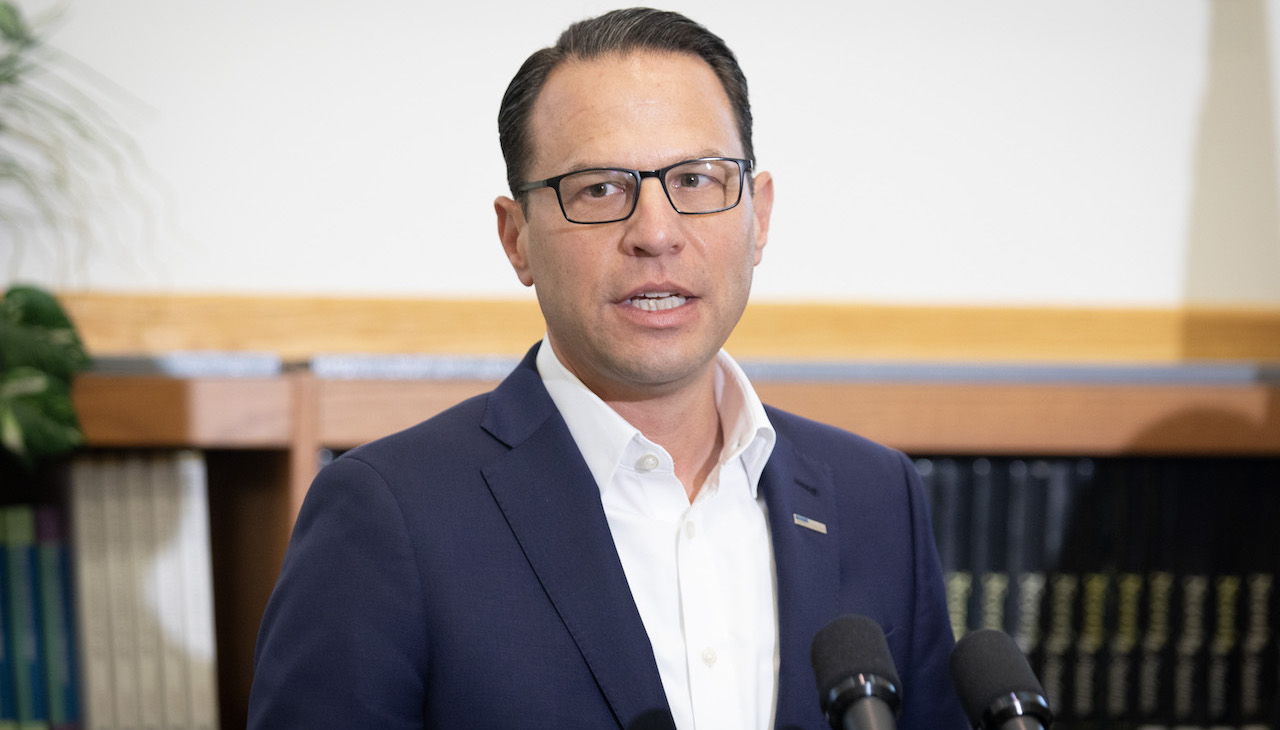
PA House Democrats use one-seat majority to pass major education funding boost to Gov. Shapiro’s proposal
The proposal that passed the House with a 102-101 vote would add more than $1.7 billion to the original proposal. Talks on the budget are only just beginning.
Less than a month away from the June 30 deadline to pass a budget, Pennsylvania House Democrats passed a budget amendment along party lines with a 102-101 vote on Monday, June 5 that would mean more than $900 million in additional education funding.
Monday’s vote is the first taken since the House returned to full working order with Monday’s swearing-in of new Reps. Heather Boyd (D-Delaware County) and Michael Stender (R-Northumberland County).
The proposal drastically increases funding for k-12 funding, state universities, and financial aid for college students and would add more than $1.7 billion to Governor Josh Shapiro’s $44.4 billion spending plan introduced in March.
It would restart the Level Up program that increases funding for the state’s 100 poorest school districts, adds $100 million for basic education funding, $50 million for special education and restores $225 million in Level Up funding.
Other investments include that in public safety, child care services, community violence reduction programs, veterans programs, support for hospitals, $200 million for home repair programs, $250 million for school modernization, and food security for all ages with enough money leftover for the state’s Rainy Day Fund that currently has a $5 billion balance, according to Appropriations Committee Chairperson Jordan Harris (D-Philadelphia).
The budget amendment is a $1.7 billion increase in education spending compared to the current budget, according to Harris,
“We believe in quality education and we believe in investments in quality education, and we believe that this budget bill with this amendment does that,” Harris said in a House Appropriations Committee meeting on Monday.
If passed, the amendment would mean an increase through the state’s main bank account to $45 billion in the 2023-24 fiscal year, a 5% increase over this year’s approved budget or 8% when including an additional $1.3 billion in recently proposed spending through off-budget accounts.
What made it all possible was the crucial court decision in which a PA judge ruled that the state’s system of funding public schools falls extremely short and violates students’ constitutional rights, in a lawsuit launched in 2014 in pursuit of billions of dollars in additional annual aid.
At the time, Sen. Vincent Hughes said the state was in possession of billions of surplus dollars — over $13 billion — and could afford an increase in aid to the poorest schools to bring the state into compliance with the court order from this past February.
For the several education advocate organizations, including Education of Pennsylvania Voters, who hoped Shapiro’s first budget would be more progressive in its education spending, the amendment from House Democrats is a welcome sign of backing at the state level.
RELATED CONTENT
Shapiro commented on Democrats’ ability to get the amendment passed and expressed strong bipartisan feelings as the conversation could focus as to whether the former Attorney General can manage a politically divided legislature in his first year in office.
“Now, as this process moves on to the Senate, we look forward to continuing to work with Republicans and Democrats alike to bring people together and deliver a budget that addresses the most pressing issues facing our Commonwealth,” Shapiro said in a statement.
According to Harris, House Democrats said there was room to increase education spending after seeing higher-than-expected revenues and that the state’s $800 million in unexpected revenue is a sign that the Commonwealth can make a number of large investments that would even keep their Republican counterparts at bay.
However, House Republicans, angry at the amendment that arrived at the Senate just after 7 p.m., called it a “sneak attack,” as they were left with little time to debate with what was left of Monday evening.
“This is not only gross mismanagement and a lack of transparency by House Democrats, but it is the kind of sneak attack politics that the public abhors,” House Minority Leader Bryan Cutler (R-Lancaster), said.
Cutler added that it will lead to “financial calamity,” while House Majority Leader Matt Bradford (D-Montgomery), called the amendment “modest in its reach, but balanced and affordable.”
Democrats, who hold a one-seat majority in the House, will most likely have enough power to push it through the lower chamber, but for next four weeks leading up to June 30, compromise will be needed to get it through the GOP-controlled Senate and curate an agreement between both sides that Shapiro will sign off on.
Based on the initial reactions from several state Republican officials, the final version will not likely resemble what House Democrats originally proposed.











LEAVE A COMMENT: